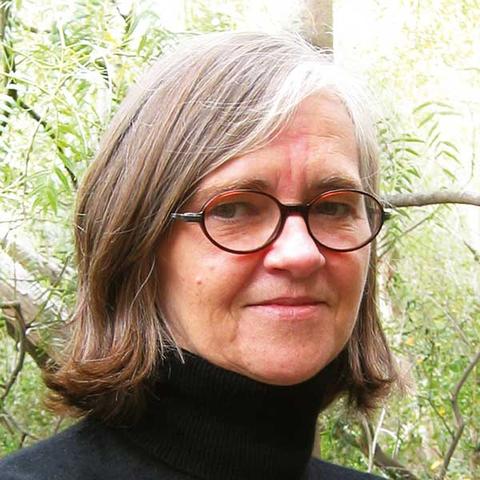
In memory of Diana Gribble
1942–2011
The visionary Diana Gribble founded Text in 1990. She wanted to create an independent publishing house that would find books to enlighten, challenge and entertain us.
In keeping with this vision, Text Classics are iconic books by our most loved writers.
‘The most significant event in recent Australian publishing...’ Saturday Paper
‘The Text Classics series is one of the great endeavours of modern Australian publishing and has helped us rediscover countless literary gems.’ Courier-Mail
The Text Classics series is designed to unearth some of the lost marvels of our literature, and to allow readers to rediscover wonderful books they have never forgotten. These books are milestones in the Australian experience. We have chosen them in the conviction that they still have much to say to us, undiminished in their power to delight, challenge and surprise us.
For a long time in this country it was argued that there was no such thing as Australian literature. As late as 1940, J.I.M. Stewart, professor of English at Adelaide University, declared that in the absence of appropriate books he would lecture on D.H. Lawrence’s novel, Kangaroo. In the year he said that, as if to mock him, Christina Stead published The Man Who Loved Children.
We like to think all that has changed. We live in the world of the home-grown literary bestseller, the world of The Slap and The Secret River. We love our new stars, and celebrate the success of Favel Parrett or Toni Jordan or Craig Silvey. Our writers have careers both at home and abroad. We no longer expect our life-changing books to be written in isolation and despair, against the odds, fulfilling what Henry Lawson came to believe was the destiny of the Australian writer.
So much for writing now. Because it takes just a generation or two, sometimes less, for us to lose the plot. We put our books and writers on the high shelf of the past, where we forget about them. Imagine if our art galleries decided to banish the works of Brett Whiteley or Fred Williams to their darkened basements for a decade or two. That’s what we routinely do to so many significant writers whose books are out of print.
It’s as if we think that good books burn down like candles, when the truth is that they get better and brighter. Liberated from the circumstances of their making, books become new when we read them again, more themselves than ever.
Those of us who choose and influence what people might read have done a lamentable job of curating the primary materials of our literary history. In 2011, in not a single course in the whole country were students asked to read Henry Handel Richardson’s The Fortunes of Richard Mahony. This is the equivalent of not one Russian university teaching Anna Karenina, of Madame Bovary not being offered to French students. It is a rampageous scandal, to borrow a coinage from HHR herself. If I tell you that Patrick White’s The Tree of Man was prescribed on two courses last year, or The Man Who Loved Children, which MUP recently put back into print, on just one, you start to see the extent of the problem.
The effect of this neglect is to enfeeble our understanding of our history. Our words, our deeds, our hatreds and our loves gave rise to these books. Reading and discussing them, we are part of a conversation that could never happen with the same inwardness or intensity anywhere else. We are contributing to the imaginative wealth of the place.
When Professor Stewart reduced Australian literature to a single book by a foreign author, he had available to him The Fortunes of Richard Mahony, Such is Life, My Brilliant Career, the stories of Lawson and Barbara Baynton. He had For the Term of His Natural Life and Robbery Under Arms. He had the poetry of Kenneth Slessor.
His comment reminds us that we are unlikely to find what we are not looking for. Stewart had the excuse of being an Englishman marooned in what he understood to be a colony of the mind. What’s our excuse?
MICHAEL HEYWARD, PUBLISHER








